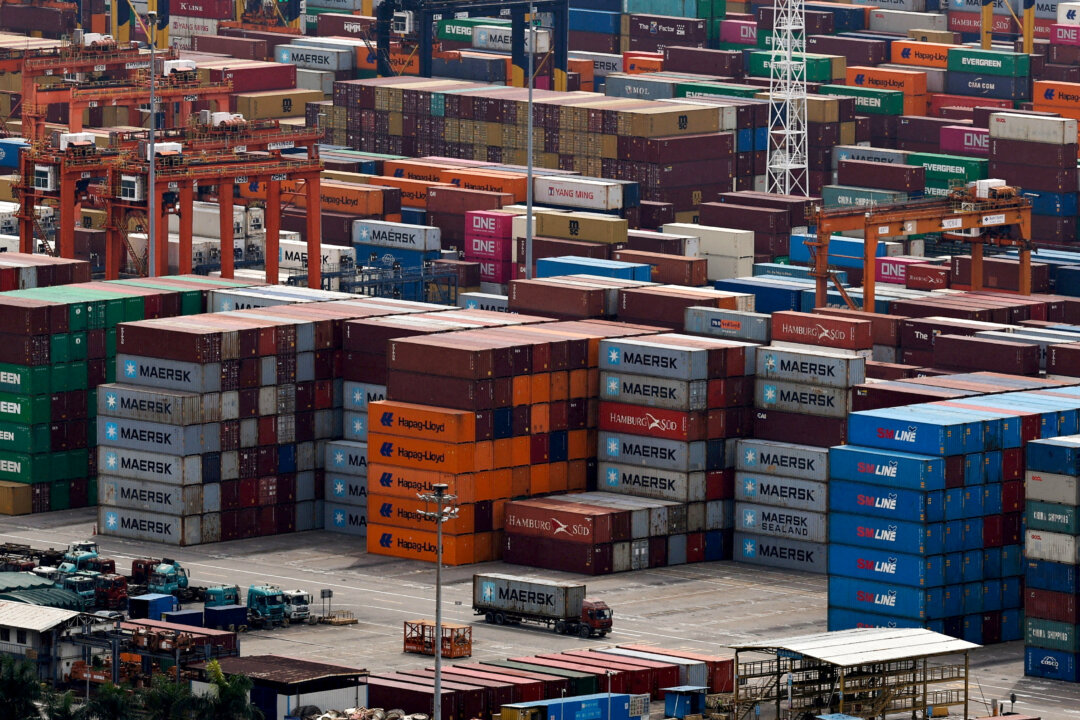China’s communist regime said on May 23 that it would continue talks with the U.S. government to stabilize their bilateral relationship as both sides work to resolve trade disputes.
Chinese Vice Foreign Minister Ma Zhaoxu spoke via phone with U.S. Deputy Secretary of State Christopher Landau on May 22 to address “important issues of common concern,” according to a readout issued by the regime’s foreign ministry.
The officials also exchanged views on U.S.-China relations and agreed on the need to continue to maintain communication, the ministry stated, without providing further details.
State Department spokesperson Tammy Bruce also confirmed the phone discussion between the two officials, saying the talks covered “a wide range of issues of mutual interest” but did not provide specifics.
Both sides acknowledged the importance of the bilateral relationship to their people and the world, and agreed to keep lines of communication open, she said in a statement.The two nations agreed in Geneva, Switzerland, on May 12 to establish a mechanism for further discussions on economic and trade issues. The aim was to de-escalate trade tensions that resulted from the imposition of substantial tariffs on each other in recent months.
U.S. Treasury Secretary Scott Bessent said both sides reached an agreement to temporarily pause their trade measures on one another and cut reciprocal tariffs for 90 days.
Under the agreement, the United States and China will each reduce tariffs by 115 percentage points while retaining an additional 10 percent tariff on each other’s imports, according to a fact sheet issued by the White House.
As a result, the U.S. reciprocal tariff rate on Chinese imports dropped from 145 percent to 30 percent, while China lowered its tariffs on U.S. goods from 125 percent to 10 percent.
President Donald Trump imposed those tariffs on imports from China and other trade partners in an effort to close trade deficits and address what he described as unfair trade practices against the United States.
In a fact sheet released following the deal, the White House stated that the U.S. goods trade deficit with China was $295.4 billion last year, marking “the largest with any trading partner.” The agreement is expected to address this trade imbalance, it stated.
China’s Ministry of Commerce has stated that the high tariffs have “severely damaged normal bilateral trade and disrupted the international economic and trade order.”
On May 21, the U.S. delegation at the World Trade Organization (WTO) urged member states to address failures in commercial relations that it said had led to huge trade deficits, and called for urgent reforms to the WTO system.
“The multilateral trading system, as currently constructed, has been unable to address the serious challenges that face the system,” the delegation said in a statement.
The United States claimed that WTO members had not addressed severe trade imbalances and non-market policies that it described as contrary to WTO principles.
Reuters contributed to this report.

